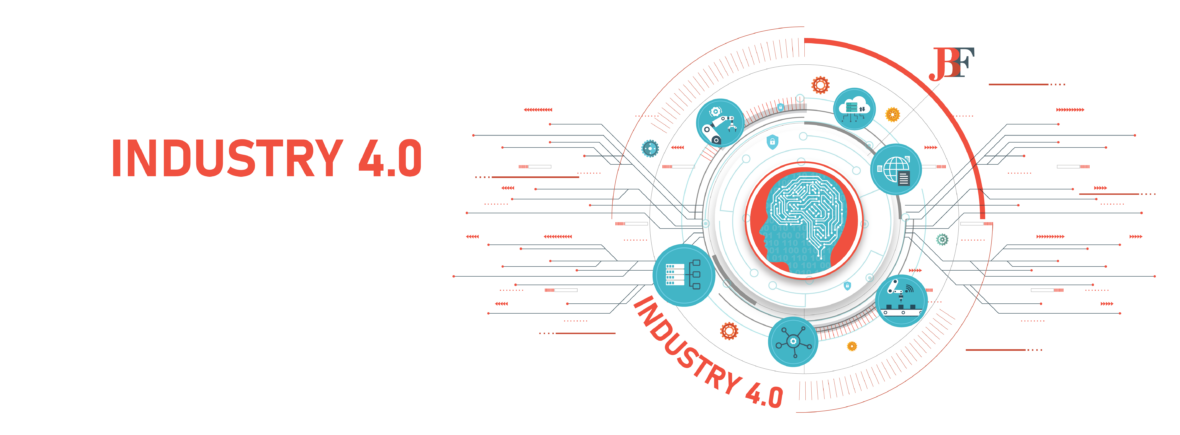Industry 4.0 – challenges in management, digital trends and use of artificial intelligence
HOTEL TERMAG, JAHORINA
27th– 29th March 2025
Introduction to the Jahorina Conference on Industry 4.0
The Faculty of Economics at the University of East Sarajevo proudly announces its annual conference, scheduled for March 2025 on the scenic mountain of Jahorina. This year, the conference will focus on the revolutionary theme of Industry 4.0, which marks the next era in industrial transformation through the convergence of digital and physical technologies. Industry 4.0, often referred to as the fourth industrial revolution, integrates advanced automation, data analytics, Internet of Things (IoT), and artificial intelligence (AI) to create “smart” systems that reshape business processes and societal structures. This shift is not limited to traditional industries; it impacts virtually every sector, from finance and medicine to tourism and marketing. The conference will provide a collaborative platform for scholars, industry experts, and professionals to discuss and explore the future directions of Industry 4.0 and its implications across multiple fields.
Challenges in Management in Industry 4.0
The rapid evolution of Industry 4.0 introduces a new set of challenges for management, requiring adaptive leadership and innovation at every level. Traditional management approaches are being disrupted by digital transformation, necessitating a shift toward agile, decentralized decision-making and a culture that values continuous learning and technological competence. Leaders must navigate complexities such as integrating digital technologies, managing cross-functional teams, and balancing technological adoption with ethical considerations. In fields like tourism, marketing, management, macroeconomy and development, banking and finance, and medicine, each sector presents unique managerial challenges under Industry 4.0. The conference will delve into how organizations can effectively manage this transition, highlighting best practices and strategies for staying competitive and resilient in an increasingly digital world.
Digital Trends in Industry 4.0
At the core of Industry 4.0 are disruptive digital trends that have redefined operational efficiency and data utilization. These trends include the rise of big data analytics, IoT, cloud computing, and blockchain technology, all of which are revolutionizing the way information is processed and applied. For example, IoT devices in tourism enable real-time customer insights and personalized experiences, while blockchain in banking and finance ensures transparency and security in transactions. Across all sectors represented at this conference—tourism, marketing, banking, finance, management, and medicine—digital trends are driving a shift toward smarter, more connected, and efficient processes.
The Use of AI in Industry 4.0
Artificial intelligence (AI) stands as one of the most transformative elements of Industry 4.0, empowering systems to analyze, learn, and adapt autonomously. AI applications in Industry 4.0 range from predictive maintenance in manufacturing to advanced diagnostics in medicine, and even automated decision-making in finance. In sectors like banking, finance, medicine, and tourism, AI is facilitating innovation by improving accuracy, reducing human error, and enabling new business models. For example, in medicine, AI can assist in diagnosing complex diseases, while in marketing, it personalizes customer interactions. This conference will focus on how AI is redefining processes, enhancing productivity, and raising important questions about ethical use and workforce impact. Discussions will highlight how organizations can strategically integrate AI while managing its risks and opportunities responsibly.
The 2025 Jahorina Conference on Industry 4.0 promises to be an engaging and insightful event, offering participants the opportunity to gain a deeper understanding of the implications of Industry 4.0 across various fields. Join us in March to be part of a forward-looking conversation that seeks to shape the future of industry and society.

